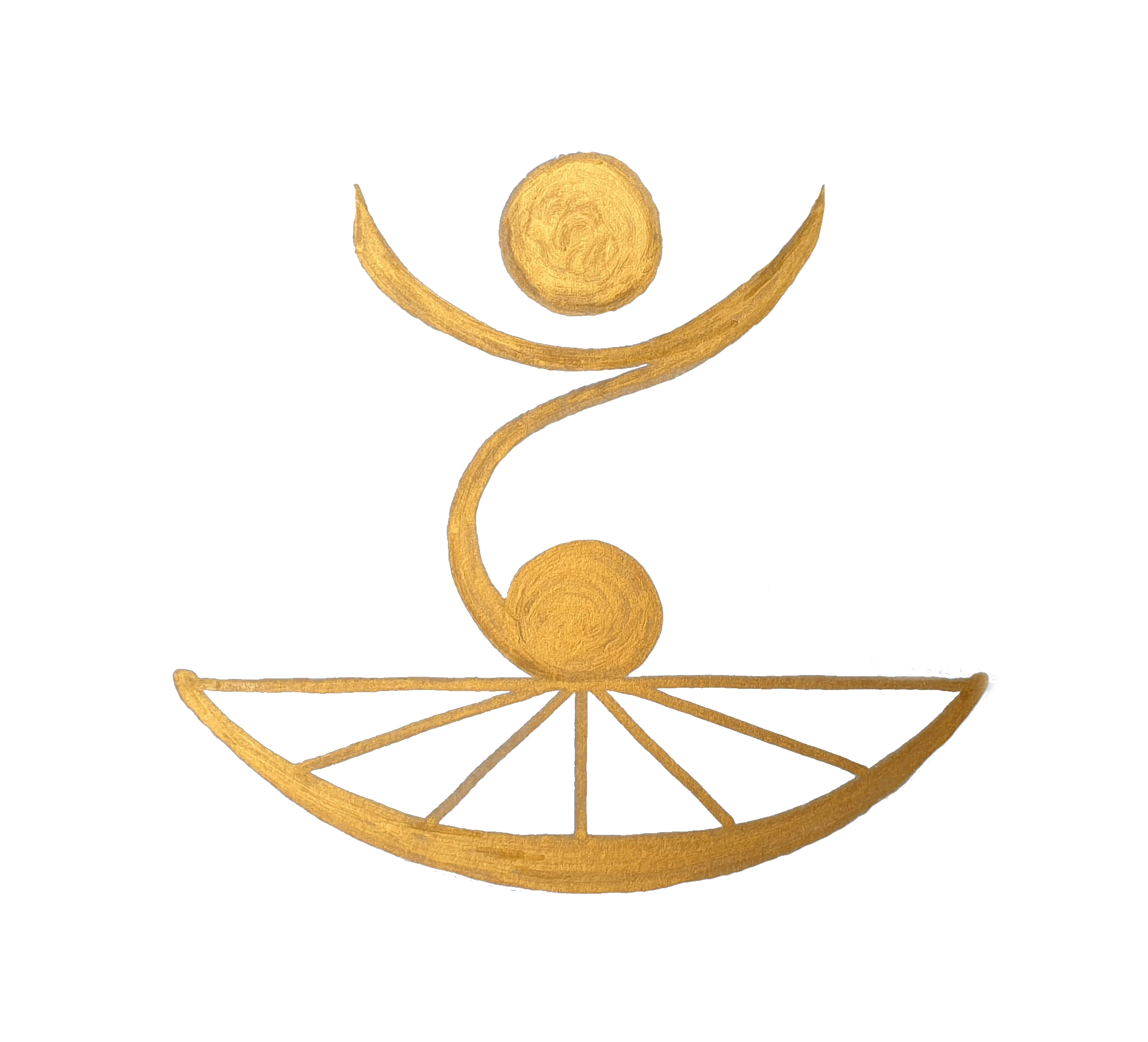From Role to Function
“Pay attention not to what you are but to that you are!” from The Cloud of Unknowing
Self-centered thinking is sourced in our identity patterns. Many of these patterns are determined and sanctioned by our culture, are habitual, and are almost always unconscious. Until and unless we begin to see through them and they loosen their grip, we continue along the path of unconscious suffering.

Many people, before they begin some form of the “examined life,” say through taking up Zen practice or some other spiritual path, experience their roles as synonymous with their identities. Their identities are unconsciously felt as who and what they truly are.
We may fully identify with being a parent, a student, a spouse, a successful entrepreneur, a football fan, a teacher, a boss … on and on endlessly. The roles can come and go depending upon life circumstances, but, certainly, the stronger the identification with the role, the harder to see through it.
Learn more about Energy Healing, Muscle Testing & Mental Clarity.
One of the main long-term effects of Zen practice is that it gently but persistently drives a wedge between our believed identity roles and the simple fact of our being, letting us experience more and more of that being and gradually teaching us how to rest in it, or to even rest as it. This usually happens slowly over months and years of quiet sitting and off-the-seat practice as a simple effect of bringing our attention back again and again to just this, just now—just to “life as it is” (including resistance, upset, pleasure, pain, etc.)
At some point a momentous shift takes place (it doesn’t matter if it’s sudden or gradual): as we become more comfortable with just being, we begin to find our roles changing more into what could be called functions. Now, we begin to notice that we’re not really a boss; we’re simply functioning as a boss. Can you sense the difference? One is a form of ego-driven behavior, the other a way of simply dealing with what’s up at any given moment, i.e., taking appropriate action based on the objective facts. If someone needs firing, we just fire them. We don’t endlessly second-guess ourselves, or worry about whether we’ll be liked or not, or feel pointlessly guilty about functioning in an appropriate and necessary way.
It’s worth asking yourself as you move through your day, “What role am I being right now?” That can be followed up with a number of other self-inquiries, such as, “Can I drop this role and simply function appropriately?” “What might that be in this situation?” A brief meditation exercise: Close your eyes and choose a role you strongly identify with. Imagine a difficult situation that might come up for you in that role. Imagine how you’d deal with it as one completely identified with the role. Now imagine dealing with the difficult situation as a simple, direct functioning of your own creative intelligence and problem-solving capabilities. Can you see a difference? Open eyes and share, if you wish. —Al Zolynas



